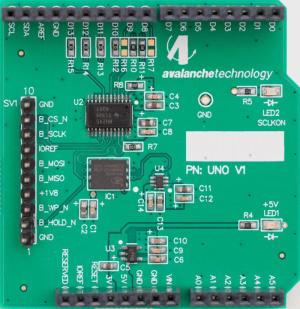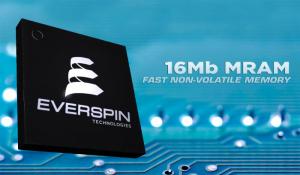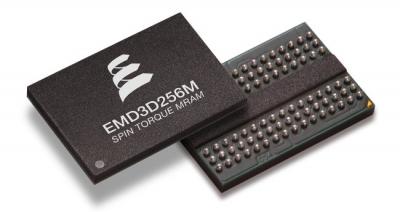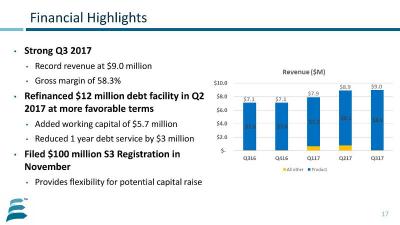Everspin starts pilot production of its 28nm 1-Gb STT-MRAM chips
Everspin Technologies announced that it completed the development activity and entered the pilot production phase of its 28 nm 1-Gigabit (Gb) STT-MRAM chips. Everspin targets the enterprise infrastructure and data center markets which can utilize its MRAM technology to increase reliability and performance.
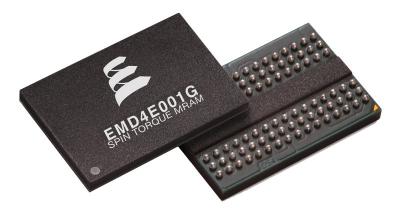
Everspin 1-Gb chip family (EMD4E001G) includes both 8-bit and 16-bit DDR4 compatible (ST-DDR4) interface versions of the device and are available in a JEDEC-compliant BGA package.

